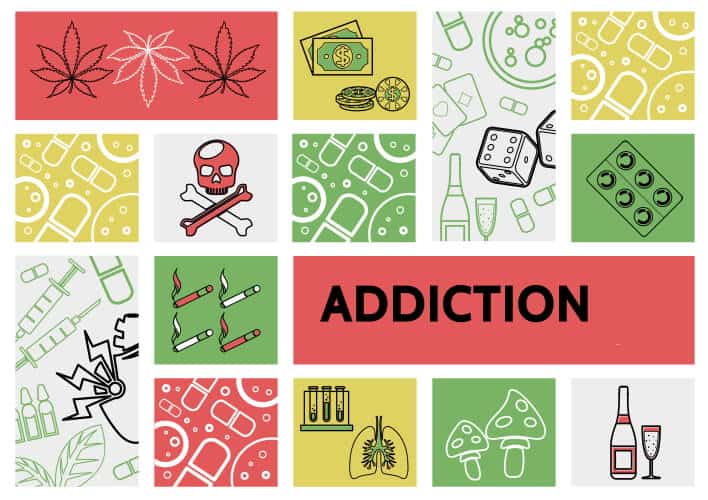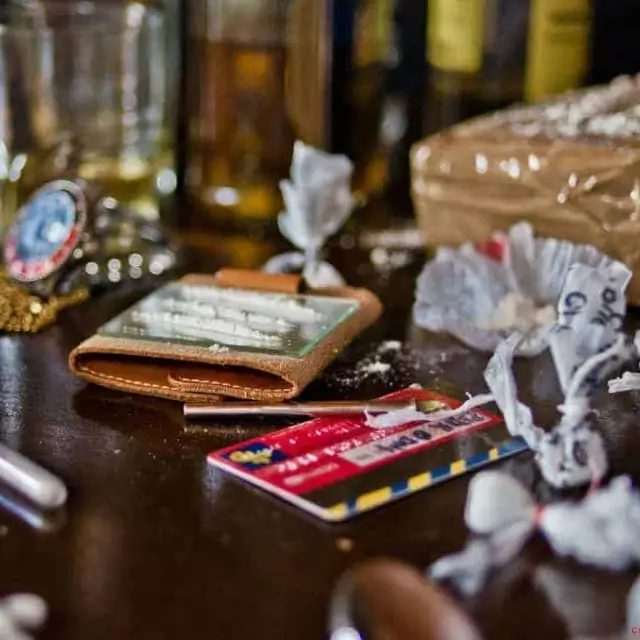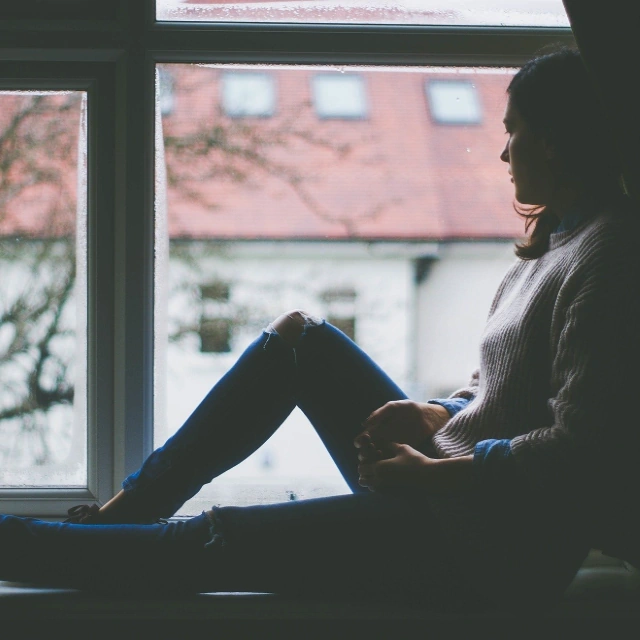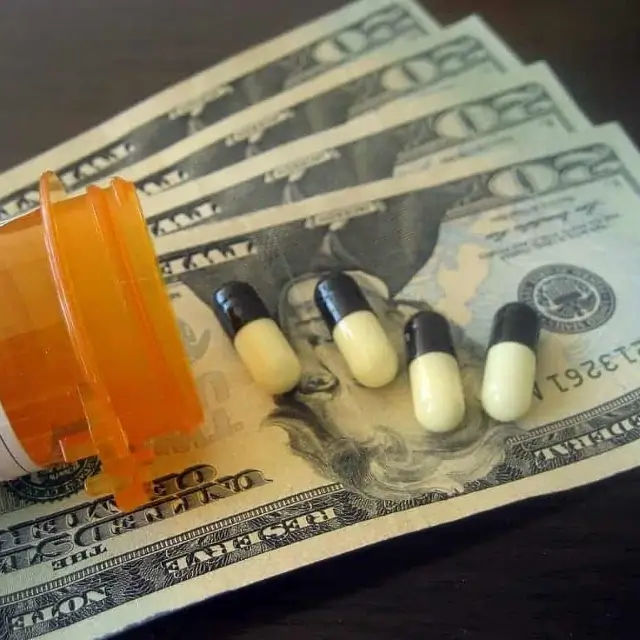The Increase in People with Addictions
Realising we have an addiction
Without doubt, there is that time when we know we have a problem. This could be from our own self realisation or more likely a family member saying we are drinking, drugging, or gambling to the extent that it is affecting our lives and the lives of the people around us who care about and love us.
However, there generally follows on from this moment a period of denial and that period can stretch into years before we genuinely seek help. Also, we start to be more secretive with our addictive behaviour, for example hiding bottles and drugs and maybe getting another secret phone to continue our online gambling addiction.
How, though, did we get to this position? – that something that we enjoy doing has turned against us and what was once our friend has become our enemy.
Why do people get addicted?
Every single person is different and people with addiction problems come from all walks of life. People with addictions to alcohol, drugs or gambling can come from a happy family or one that has separated or divorced. They can have happy or sad childhoods. There is not one distinctive characteristic that fits all. The only thing we all have in common is that we found that by using a drug or placing a bet made a change within us. This mental or emotional change could be laughter, confidence, companionship, excitement but ultimately what we saw as being positive will become negative and the time line for that negative change is also different for all .

Typical age of an Addict
The world and how we interact within it has clearly changed, especially in the last 20 years. Twenty years ago the average age of someone going in to a clinic would be in their 40s, 50s and 60s years old. Now the age has dropped. Many aged 20 to 30 years of age are now seeking treatment for alcohol, gambling or drug dependency.
More alcohol, gambling and drug availability
People are now even drinking in a different way and are spending more time drinking at home and this is why so many pubs are closing. The one thing about drinking at home is that the measure being poured out is always a large one. There are no restrictive licensing hours and you can purchase alcohol from supermarkets and even petrol stations any time of the day or night.
Online gambling and casino games did not exist in the memorable past. If you wanted to place a bet it would be at the rather seedy high street betting shop or at a Casino and there were not many of them. Now, without even leaving home, you can bet on anything at any time of day or night from any electronic device.
Drugs were not so readily available. There are now so many drug dealers and such an availability of drugs in both towns and local villages. There is always someone who knows someone that has access to any drug you want to try. Going to a house party , someone will have a supply of drugs. You can now even easily source a supply of medication off the internet.
So, definitely the ready availability of alcohol, drugs and gambling is the main life situation that is more likely to lead to someone becoming addicted. There are simply no restrictions, everything is available 24 hours a day, 7 days a week.
Effects of the Pandemic on Addictions
Another way that will have reduced the time line, from normal to addictive, is down to the current pandemic. We have had so much time on our hands. There was previously more restrictions to our behaviour, such as getting to work and sitting behind a desk. It is a well known fact that there has been an increase in all addictive behaviour since the first lockdown. This behaviour can continue to spiral by working from home. It is just so easy to get a drink or place a bet and make an excuse as to why we are doing it
Therefore, if we have a predisposition towards dependency or addictive behaviour the availability, plus the time that we have at home has created the perfect storm for bringing our behaviour to a destructive level before it would have normally evolved.
Drinking to deal with loss
If someone has a tragedy in their life it is quite common to turn briefly to alcohol to try and numb the pain of the loss. The danger comes with continued excessive drinking and the loss becomes the excuse. This is a fairly common reason how people try and justify their increase in drinking alcohol. At The Haynes Clinic, we will often hear someone say “ if I can sort out my feelings around that, then I will be OK”. They are still in denial that the problem has become the alcohol and not the loss.
Regarding loss, people with any addictive behaviour need to mentally link that behaviour with any loss in their life. The loss could be family, friends, loved ones, a job, home. There needs to be an acceptance that the continued addictive behaviour will lead to further loss unless there is change in their thinking.
Not being able to stop
Some people can recognise that, whatever excuse they use, their behaviour is crossing the line on a daily basis. They will choose to stop or cut back. Others though can’t, due to their predisposition to dependency, and will continue on their addictive path.
The release from a lockdown situation and the reopening of nightclubs saw a massive increase in the numbers of young people getting drunk each night. This was well publicised in the media. It is a fact, that If you go up a level with your drinking: It is then for some, extremely difficult to come down to a reasonable level of drinking again. Thus, the alcoholic emerges.
The mental effects of lockdown, haven’t just affected the young. They have also affected those slightly older and middle aged who were relying on daytime restraint by going to work. The lesser discipline afforded by working from home has allowed dependency on alcohol, drugs or gambling to grow.



